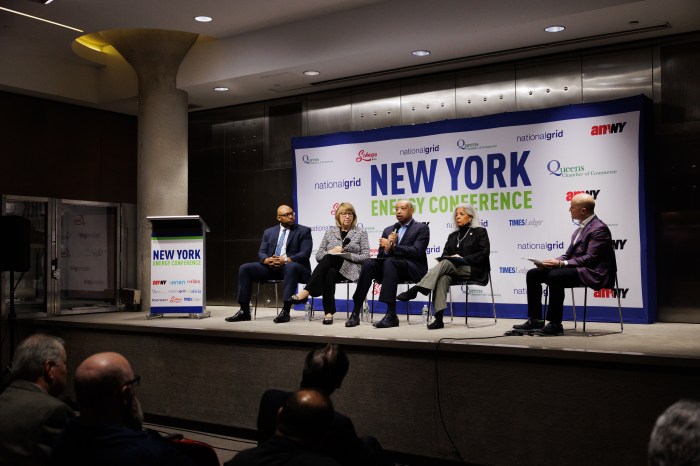By Alex Berger
On a job applicant’s résumé: “I don’t care what salary I’m offered because money has no meaning to me. I never look at the clock and will work 80 hours a week. However, I want 46 days vacation time annually. The résumé was promptly returned stamped, “Try France.”
It is summertime and the living is easy. Every August, exhausted policymakers, tired traders and burned-out journalists flee their high-powered jobs for two weeks of R&R. Pity these poor power players: They are looking for a few days of sun and sand with their children before returning to the frenzy that will begin again the day after Labor Day. But the worst affront is their vacation time pales when compared to other countries in the world.
Another job résumé: “I want a guaranteed income, a guaranteed bonus, a guaranteed pension plan, a guaranteed vacation of 49 days and a guarantee that you will not go broke.” He got a guaranteed promise by being shown the door.
Did you know that in France, every employee is entitled to 30 paid vacation days every year? Throughout Scandinavia, the minimum is 25 days and in other European Union countries every wage slave gets at least 20 by law. In the United States, how many holidays are mandated? Nada!
A French employee of 40 years moaned at his retirement party, “I sure will miss my mandated 30 vacation days every year.”
Not a single vacation day is mandated for workers in America, making us the only industrialized country that does not oblige employers to give their workers official time off for vacation. That does not mean nobody gets an occasional break, but only at the employer’s discretion, which means no vacation at all for one in four workers, according to one statistical study. And the usual two weeks is a pittance compared to what many of the governments of Europe and Latin America mandate.
Vacations are a system whereby people who are merely tired become exhausted.
And that is not including holidays. In the meantime, the average among Americans is nine vacation days a year with only six paid holidays. It gets worse: Nearly one-third of American workers do not use all the time they are given. And the number who take a full week off at a time has declined by one-third since 1990. All these numbers underscore Americans’ complicated relationship with vacations. We have never been entirely comfortable taking them and we are conflicted about it.
Nobody knows when Americans lost control of their economy, but it might have been when we discovered 50 weeks of work could not pay for a two-week vacation.
That conflict stems in part from the Puritan work ethic ingrained in our culture. Americans are programmed to believe we only have value if we perform. To be sure, the American vacation is not extinct. And each August offices around the city seem emptier. But when it comes to time off, there is a divide between the United States and much of the rest of the world, where holiday and vacation time is sacred.
The “have” countries balance income with a healthy mental attitude and believe that is what vacations are for. It does not take long for their citizens to get used to this extended leisure time and appreciate its value.
A well-organized vacation is having your two-week vacation run out before your traveler’s checks do.
But long absences from work are a hard sell for many Americans. Only 14 percent take vacations of two weeks or longer. That points to another factor that distinguishes U.S. workers to the extent to which we take work with us when we get away. It is something that can confound people from other countries. When they go, they go on vacation. They may check in periodically, but not like we do.
Some activists are concerned about America’s leisure deficit and are pushing for a law that would put us more on a par with other developed countries. They point out research indicates taking vacations can reduce the risk of heart attacks. Others say most Americans work longer because they are satisfied with their work. Europeans may get 42 vacation days, but it is clear Americans, even with belt-tightening and loss of benefits, are happier than most Europeans.
Tomorrow is often the busiest day of the week. — Spanish proverb
But with today’s sinking economies in Europe, will their workers adjust to the imposition of austere labor measures that will reduce their hallowed vacations? I tried contacting a relative of mine living in Belgium to find out, but he was on vacation.
Contact Alex Berger at timesledgernews@cnglocal.com.




























